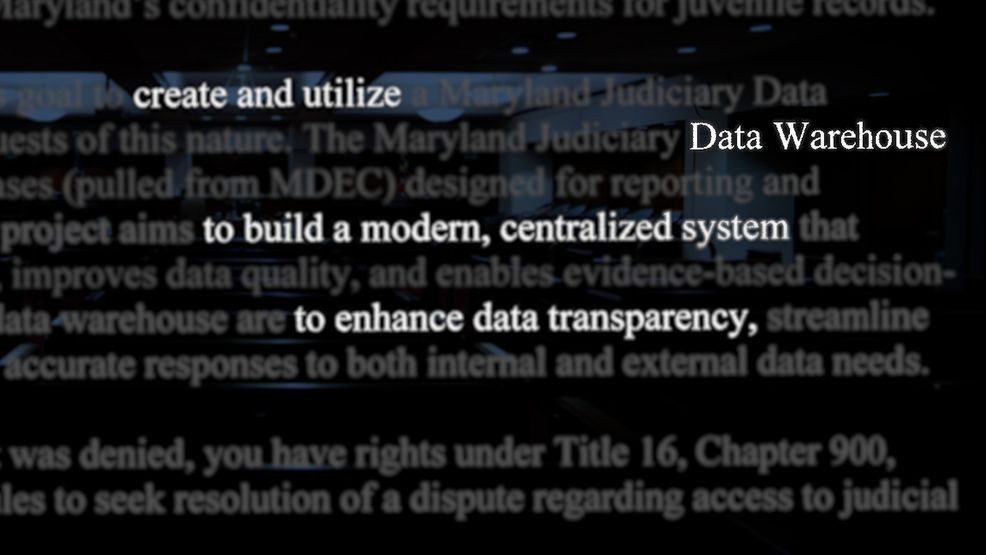Maryland Judiciary Faces Scrutiny Over Juvenile Crime Transparency
Maryland legislators challenge state judiciary's lack of transparency in juvenile crime cases, highlighting systematic barriers to public information access and accountability in the justice system.

Maryland State House where legislators are pushing for greater judicial transparency
In a significant challenge to judicial accountability, Maryland lawmakers are demanding greater transparency from the state's judiciary system regarding juvenile crime cases, highlighting broader concerns about institutional oversight and public accountability.
Rising Concerns Over Judicial Transparency
State Delegate Robin Grammer has brought attention to a critical issue in Essex, Maryland, where recent incidents of juvenile crime have sparked debate about judicial transparency. A November 2023 incident, captured on Ring doorbell footage, showed three juveniles in a stolen vehicle causing chaos before fleeing the scene.
The situation mirrors broader concerns about transparency in legal institutions and civil rights, particularly regarding how juvenile cases are handled and reported.
Investigation and Administrative Roadblocks
Project Baltimore's attempts to obtain public records about juvenile court rulings have met with significant resistance. After months of delays, the Maryland Judiciary ultimately denied their request, citing inability to assemble the requested records.
Legislative Response
In response to these transparency concerns, Delegates Grammer and Lauren Arikan, members of the Maryland House Judiciary Committee, have taken action similar to recent legislative oversight initiatives seen in other jurisdictions. They addressed their concerns directly to Chief Justice Matthew Fader of the Maryland Supreme Court.
Future Reform Proposals
The Judiciary has proposed creating a "Data Warehouse" to enhance transparency, though implementation timeline remains unclear. This development represents a crucial step toward modernizing judicial information systems and improving public access to court data.
"We need an immediate solution so we can act boldly going forward," stated Delegate Grammer, emphasizing the urgency of addressing these systemic issues.
Thomas Reynolds
Correspondent for a London daily, specialist in British foreign policy and transatlantic issues.
